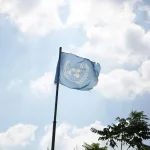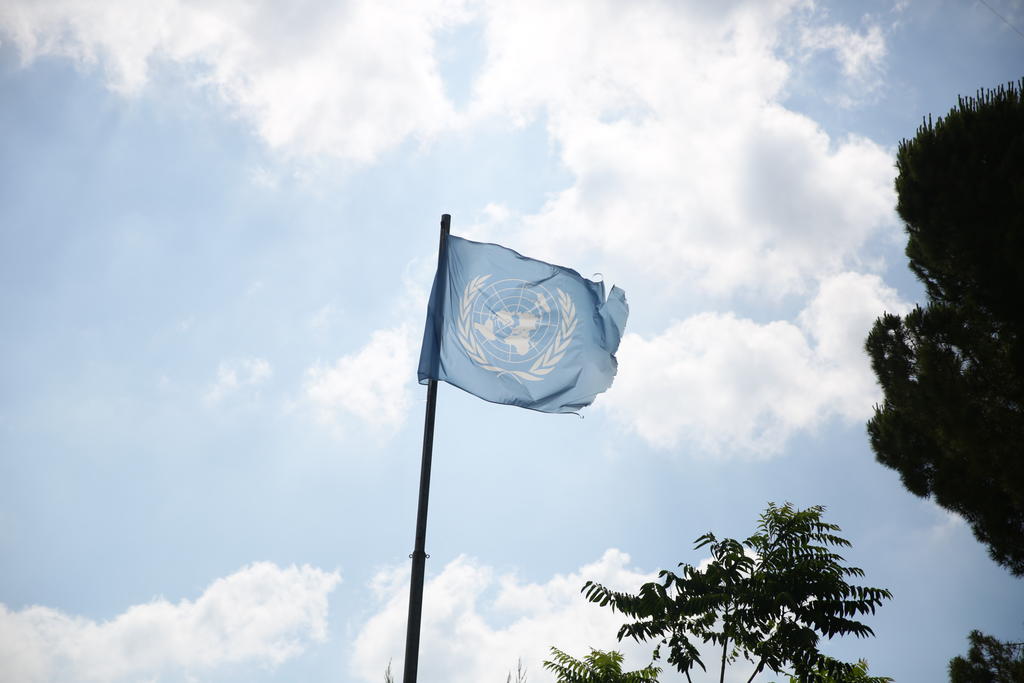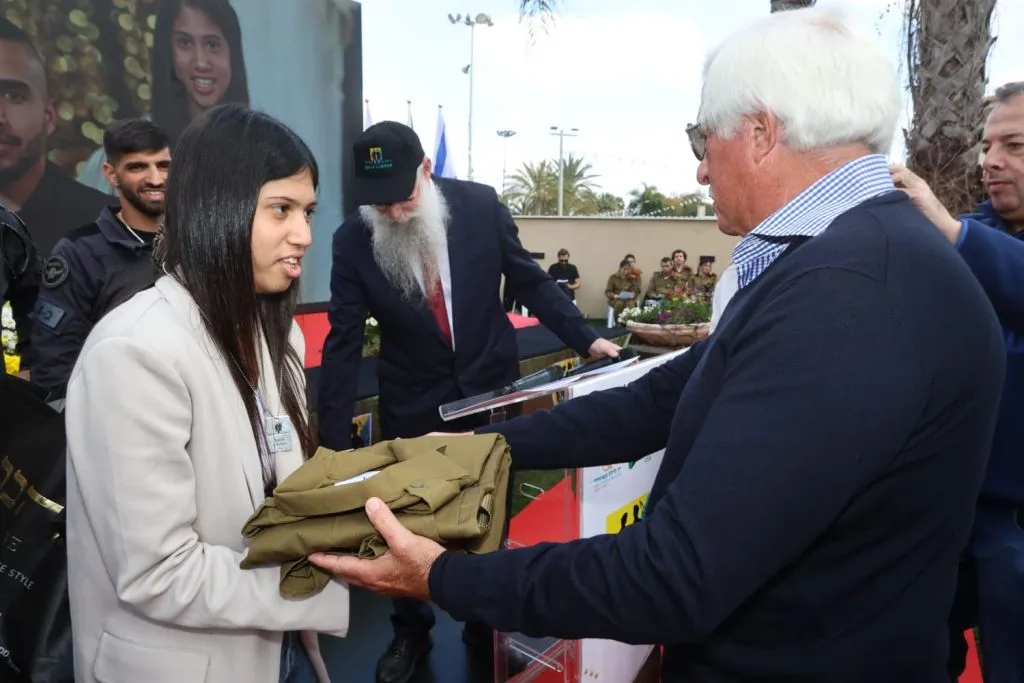Jerusalem, 15 July, 2025 (TPS-IL) — All three members of the UN’s Independent International Commission of Inquiry on the Occupied Palestinian Territory have resigned, sparking renewed debate over the body’s credibility and longstanding accusations of anti-Israel bias.
The resignations came in a series of letters submitted earlier this month and surfaced publicly on Monday. Navi Pillay, the 83-year-old South African jurist who chaired the commission, cited “age, medical issues, and the weight of several other commitments.” Australian human rights expert Chris Sidoti called it “an appropriate time to reconstitute the commission,” and Miloon Kothari of India simply said it had been “an honor” to serve. Their departure, while not abrupt, signals a turning point for a body that critics have long claimed was fundamentally compromised in its approach.
Established in 2021 by the UN Human Rights Council, the commission was tasked with investigating alleged violations of international law by Israel and Palestinian actors. But its findings have overwhelmingly targeted Israel, prompting condemnation from Jerusalem, Jewish organizations worldwide, and even several Western governments. The body was unprecedented in its mandate, with no set end date, and was the council’s highest level of inquiry.
Israel’s envoy to the UN, Amb. Danny Danon welcomed the resignations, calling them “a step in the right direction,” in a tweet.
“Anyone who spreads lies against Israel and exploits their senior position to promote antisemitism – we will expose their true face,” Danon tweeted. “After the U.S. Secretary of State imposed sanctions on Francesca Albanese, who abused her role as a UN envoy to promote the delegitimization of Israel – today Navi Pillay also announced her resignation, along with her colleagues Miloon Kothari and Chris Sidoti.”
Danon added, “We will not rest or be silent until we restore morality and truth to the halls of the UN.”
UN Watch, a Geneva-based NGO that monitors the United Nations, also welcomed the news of the resignations. Executive Director Hillel Neuer, one of the commission’s most persistent critics, said the departures vindicated long-held concerns. “The resignation of all three commissioners is long overdue,” Neuer said. “This was a commission born in prejudice—designed to target Israel, while ignoring Hamas, Hezbollah, and the Palestinian Authority. Its members were selected precisely for their hostility to the Jewish state.”
Pillay’s past comparisons of Israel to apartheid South Africa have drawn particular ire. In 2014, more than 100 members of the U.S. Congress signed a letter condemning her leadership at the UN Human Rights Council, which they argued showed a pattern of bias against Israel. Under Pillay, the council “simply cannot be taken seriously as a human rights organization,” the letter read.
Kothari was at the center of a major controversy in 2022 when he said that social media was “controlled largely by the Jewish lobby” and questioned Israel’s right to UN membership — remarks widely condemned as antisemitic. Pillay dismissed the backlash, calling it a “diversion” and labeling concerns about antisemitism “lies.” Sidoti, too, drew criticism after accusing Jewish groups of throwing around antisemitism allegations “like rice at a wedding.”
The resignations come in the wake of U.S. sanctions on Albanese, the UN’s Special Rapporteur for the Palestinian territories. Secretary of State Marco Rubio cited Albanese’s efforts to push for International Criminal Court action against American and Israeli officials.
Those sanctions include a freeze on any U.S.-based assets, a prohibition on Americans and U.S. entities from conducting financial transactions with her, and an effective bar on Albanese traveling to the U.S.
“The dominoes are falling,” Neuer said. “First, the U.S. sanctioned Francesca Albanese, the UN’s pro-Hamas rapporteur, and now the architects of the UN’s anti-Israel inquisition are fleeing the ship. The tide is turning.”
In February, the U.S. imposed sanctions on ICC chief prosecutor Karim Khan following his decision to seek arrest warrants against Netanyahu and former defense minister Yoav Gallant.
Jurg Lauber, president of the Human Rights Council, asked UN member states to propose new commission members by August 31. The commission will continue to function, but its future direction remains uncertain. Its most recent report, released in May, once again focused heavily on Israeli actions while giving scant attention to Palestinian groups, fueling the perception of imbalance.


































